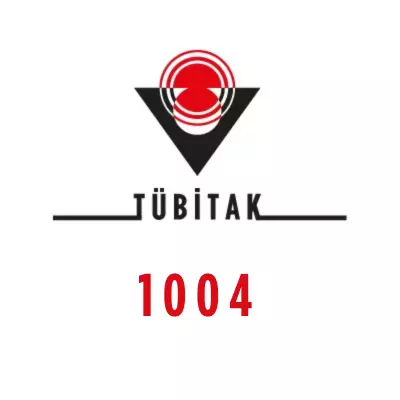The development of PGPR-enabled bacteria, which promotes plant growth and reduces agricultural inputs, and the use of these properties in all aspects is very important in terms of green deal. In this context, although research has been conducted on many species such as Bacillus subtilis, B. thuringiensis, B. pumilis, B. amyloliquefaciens, B. megaterium, B. atrophaeus, B. licheniformis, there are not enough studies on the development of these organisms. In this study, plant growth promoting properties will be improved by using bacteria whose properties such as P solubility, N fixation, Fe and Mg binding, hormone production have been determined in our previous studies and defined at the species level. These bacterial species, due to hormone production and other metabolites produce, provide better uptake of nutrients, ensure early emergence from the seed, shorten the time sensitive to pathogens, and increase yield with proper root development and shoot growth. At the same time, they can also have secondary effects by inhibiting the development of harmful insects and especially soil-borne plant pathogens through producing some specific proteins and secondary metabolites. Among the species belonging to the Bacillus genus, Bacillus thuringiensis (Bt), which can form Gram-positive spores, has strains used as species-specific bioinsecticides in agricultural practices, and those among our stock cultures that carry plant growth-promoting metabolites will also be investigated within the scope of this study and efforts will be made to develop both indirect and direct plant growth promotion. The growth-promoting effects of bacterial strains will be investigated and improved by applying them in liquid form and/or as additives from points such as soil, seeds, seedlings, leaves and roots. The operons will be determined in the whole genome sequence of bacteria belonging to the gram-positive Bacillus genus with PGPR properties, and after the protein, enzyme and hormone production is individually induced and increased, and the products are confirmed, its effect will be tested after application to the seeds, soil, roots and leaf parts of wheat, eggplant and spinach plants. Products that will make a positive contribution to plants, especially in the early growth phase, will be studied. Product prototypes will be developed according to the features such as phosphate solubility in bacteria, nitrogen fixation, Fe and Mg binding, hormone production (such as IAA, ABA, JA) will be increased one by one and applied at different periods of the plants to increase productivity.
